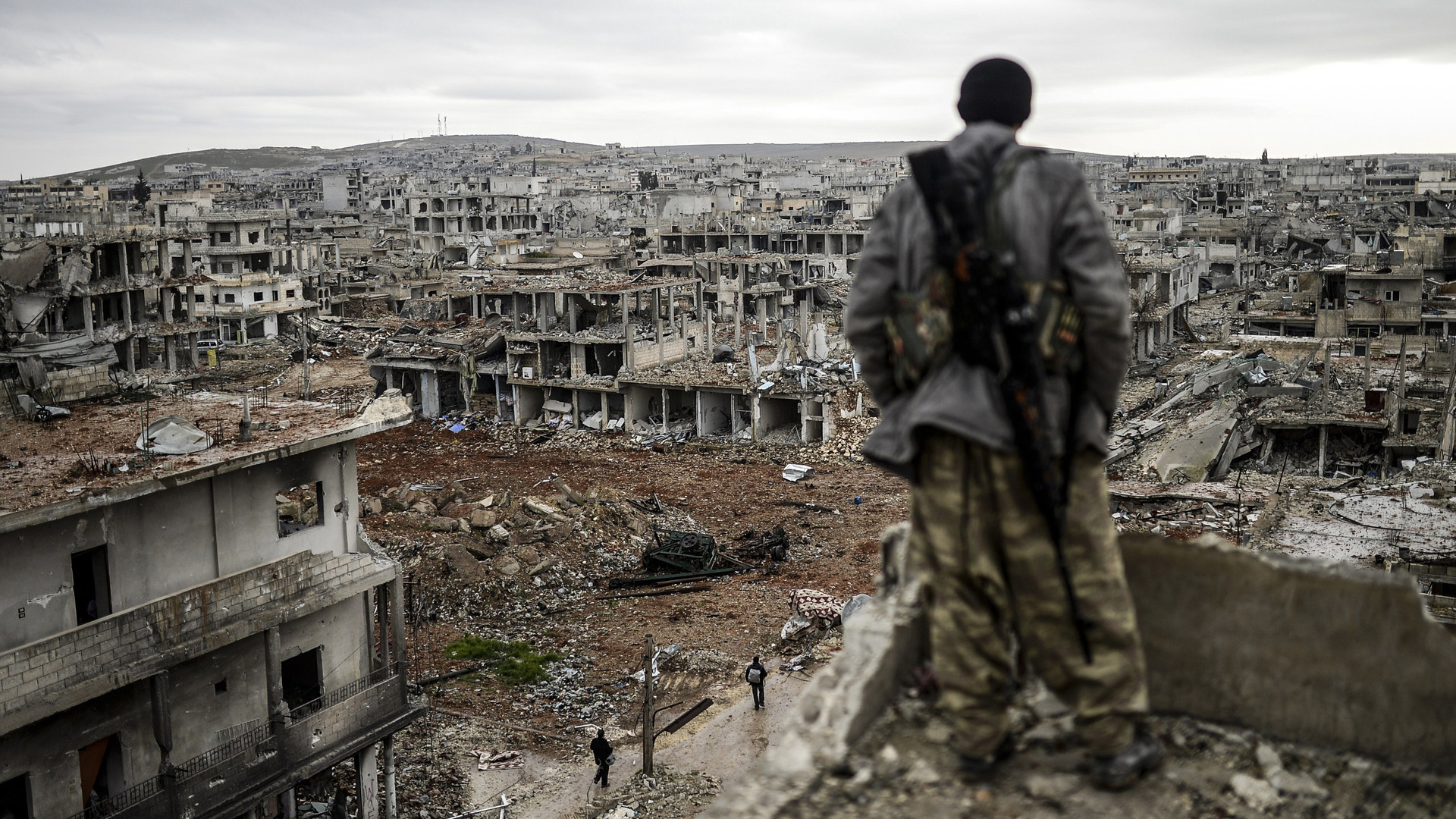When President Recep Tayyip Erdogan called an early general election in April, bringing the date forward by some 17 months, it marked a shift in approach from a seasoned campaigner. Whilst the president has often turned to the electorate to deliver him from the threat of political opposition, this was the first time that he had called an early election. Considering that his party, the Justice and Development Party (AKP), has been in power for 16 years, and won five straight general elections, one might be forgiven for wondering why the sudden hurry.
[authorbox authorid=”41″ ]
[dropcap size=big]T[/dropcap]he announcement was orchestrated such that the allied Nationalist Action Party (MHP) put forward a request for an early poll, which was generously granted by President Erdogan. The explanation was that an election would put in train the new presidential system that the president believes will deliver stability and clarity to Turkey. This may be one reason, but given that he won the referendum on the subject only 12 months ago, and given that he is already ruling with sweeping emergency powers since the failed coup attempt of 16 July 2016, it appears a limited reason for such a risk.
Several other drivers have been identified, including the nationalist fervour induced by the military campaign against Kurdish militias in northern Syria, serious signs of trouble in the once buoyant economy and even the passing of changes to the electoral law that the opposition have decried as eroding the power of independent observers to verify that a poll is free and fair. While all these play their part, perhaps the most significant cause for concern is the fragmentation of the conservative electoral map.
Where will conservative votes go?
There has long been talk of the possibility of a split within the ruling AKP. As the Erdogan camp has veered ever more into the arms of Turkish nationalists, it was supposed that a more pro-market, pro-Europe, pro-consensus element within the party might break away. Yet President Erdogan’s enduring popularity and success at the ballot box has meant that if there were such designs, those who held them have shied away. This has meant that the AKP base has been undisrupted, delivering the most consistent support for a Turkish political movement in generations.
While the AKP has maintained its grip on power, the chief political struggle in the country has not been between it and the main parliamentary opposition Republican People’s Party (CHP), but instead between the AKP and the Hizmet movement of exiled cleric Fethullah Gulen. It has, in effect, been an intra-Islamist power struggle. This struggle has reached its peak in the wake of the failed coup of 2016, which the AKP has blamed squarely on the Hizmet movement. The wholesale purging of anyone suspected of connections to the movement presents the question of where these voters might turn in the future.
Coupled with this struggle is another one occurring in nationalist political circles. Devlet Bahceli, leader of the MHP, has in effect become a junior partner to President Erdogan. In making his party subordinate to the AKP, he has not pleased everyone. Meral Aksener, a conservative politician viewed as a potential threat to President Erdogan, tried unsuccessfully to oust Bahceli as party leader, before forming her own Iyi Party. The emergence of a new right of centre nationalist party further fragments and complicates the conservative voting map. This potentially places the AKP in new territory to which it is not accustomed.
Reasons why Erdogan snapped now
The idea that wars make presidents is not new. It has been proved time and again that the nationalist passions raised by placing a country on a war footing do wonders for incumbent politicians. However, the shift in AKP policy towards military confrontation with Kurdish groups has become sustained, intensified, and shows no sign of being reversed. Given the embedded nature of the ruling administration’s attitude towards the Kurdish question, it seems unlikely that whatever bounce they achieve electorally from attacking Kurdish groups will not still be present in November 2019.
Economically, there are serious clouds on the horizon. The lira has dropped to its lowest level against the US dollar and there are worries of a deepening flight of foreign investment. This has become more acute in the wake of President Erdogan’s announcement that he will be taking a more active role in determining interest rates after the election. Yet this is not the first sign of trouble for the Turkish economy. Since the global financial meltdown of 2007-08 and the onset of the civil war in neighbouring Syria, the economy has been coming under strain. Despite the risks for an incumbent party, the polarised nature of the Turkish political landscape means that ideology is driving voters as much as economics. To gamble now on grabbing a last feel-good vote would feel very desperate indeed.
Changes in the electoral law, while they are troubling to many opposition and neutral observers, do not in and of themselves add up to a reason to call a snap election. These amendments are being driven by AKP policy and there is no reason to suppose that waiting until the original November 2019 date would have altered anything. Yet the recent surge of interest internationally in the Tamam campaign among the opposition, resulting from President Erdogan’s acceptance that he would step aside if the nation wished it, reveals an area of greater potential jeopardy for the ruling party.
The campaign has not been simply a secular opposition one (including Kurdish groups), which simply sets up the usual polarisations in the Turkish political map, with a now familiar result. It has also seen the backing of Aksener, leader of the new Iyi Party, and of Temel Karamollaoglu, leader of the conservative Islamist Saadet Party. Karamollaoglu even echoed President Erdogan’s phrase from his election as Mayor of Istanbul in 1994, tweeting: “T A M A M Inshallah”. Such an array of opposition threats is significant. It is still highly likely that in such fragmentation, the opposition will merely cancel each other out, paving the way for AKP victory. But it is fragmentation nonetheless, and the fear is that, as the rumours surrounding Abdullah Gul’s possible candidacy for president illustrated, such fragmentation could infect the AKP itself.
*Opinions represented at PPJ are belong solely to the contributor of the piece and do not represent any other people, institutions or organizations that the contributor may or may not be associated with in professional or personal capacity, unless explicitly stated.
- The Misak-ı Millî and the expanding Turkish sphere of influence in the Middle East - 09/11/2018
- Why Erdogan Keeps Winning - 28/07/2018
- The Conservative Equation in Turkey - 21/05/2018



